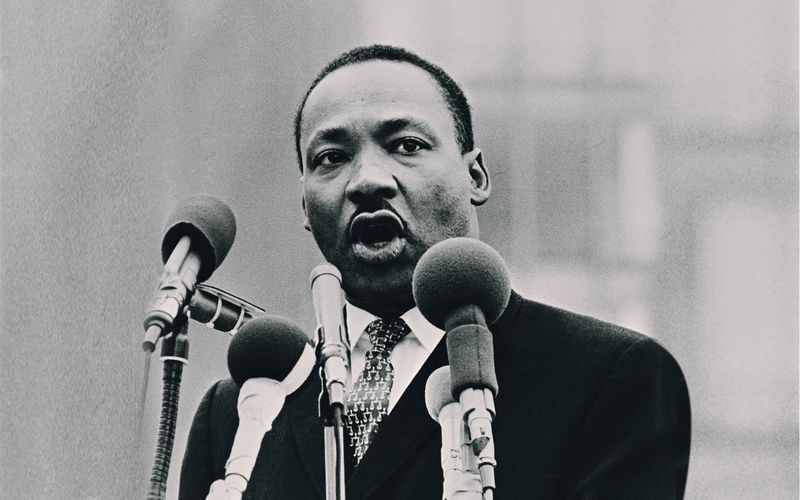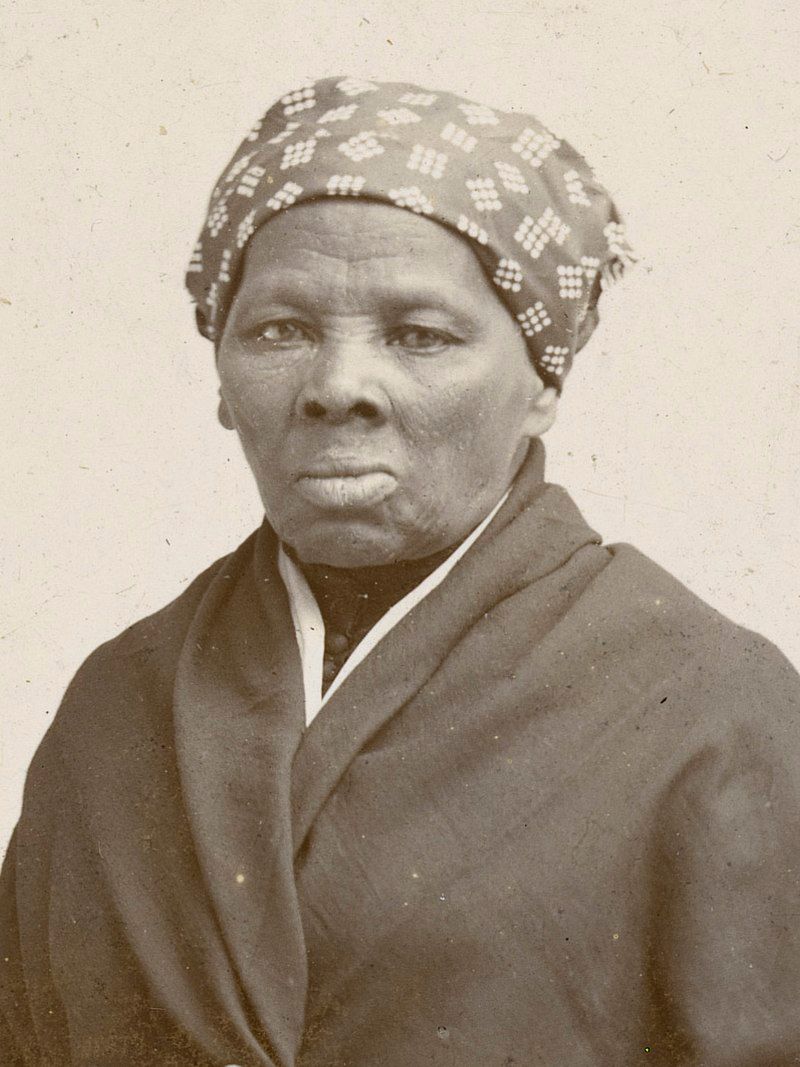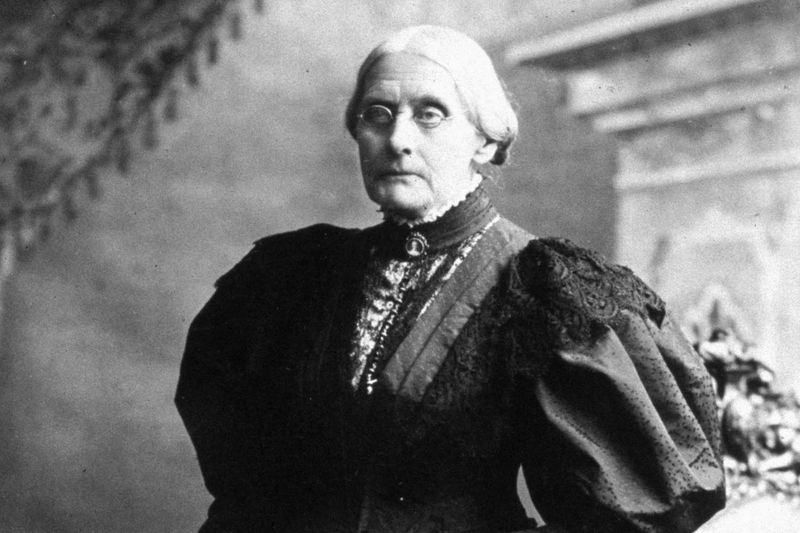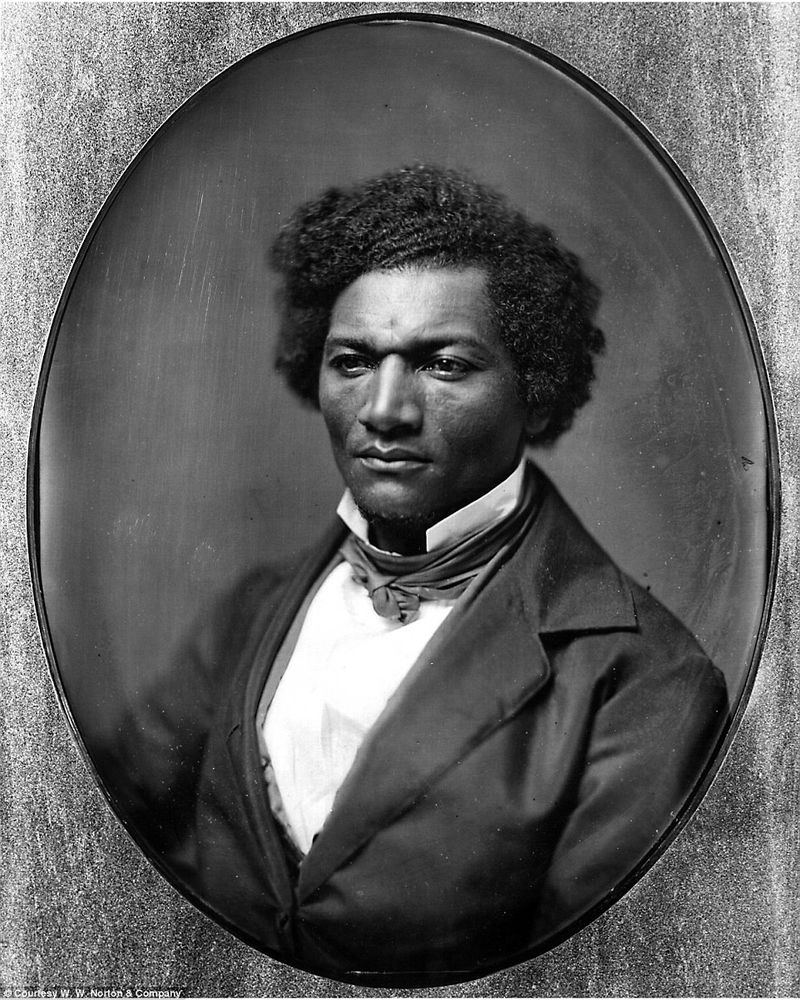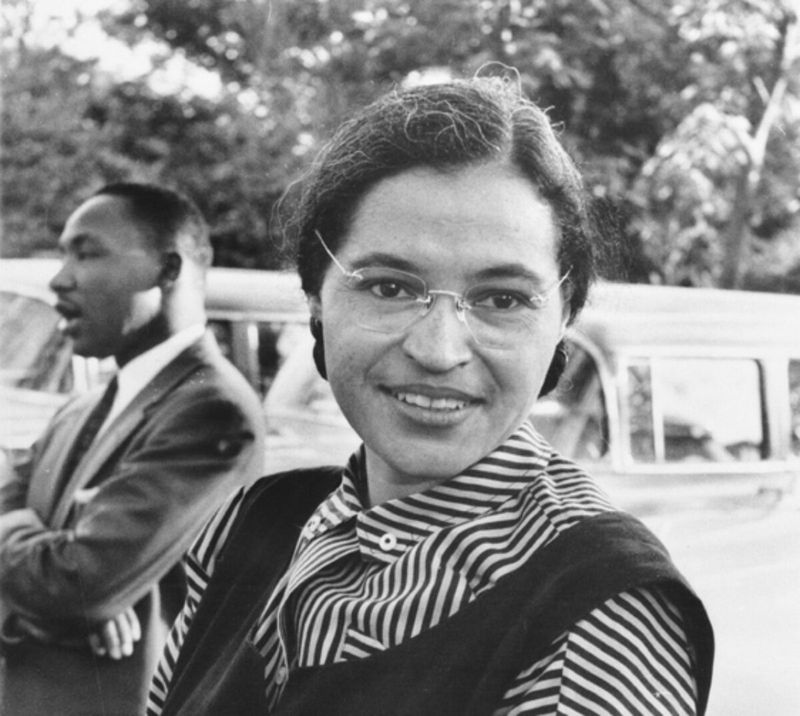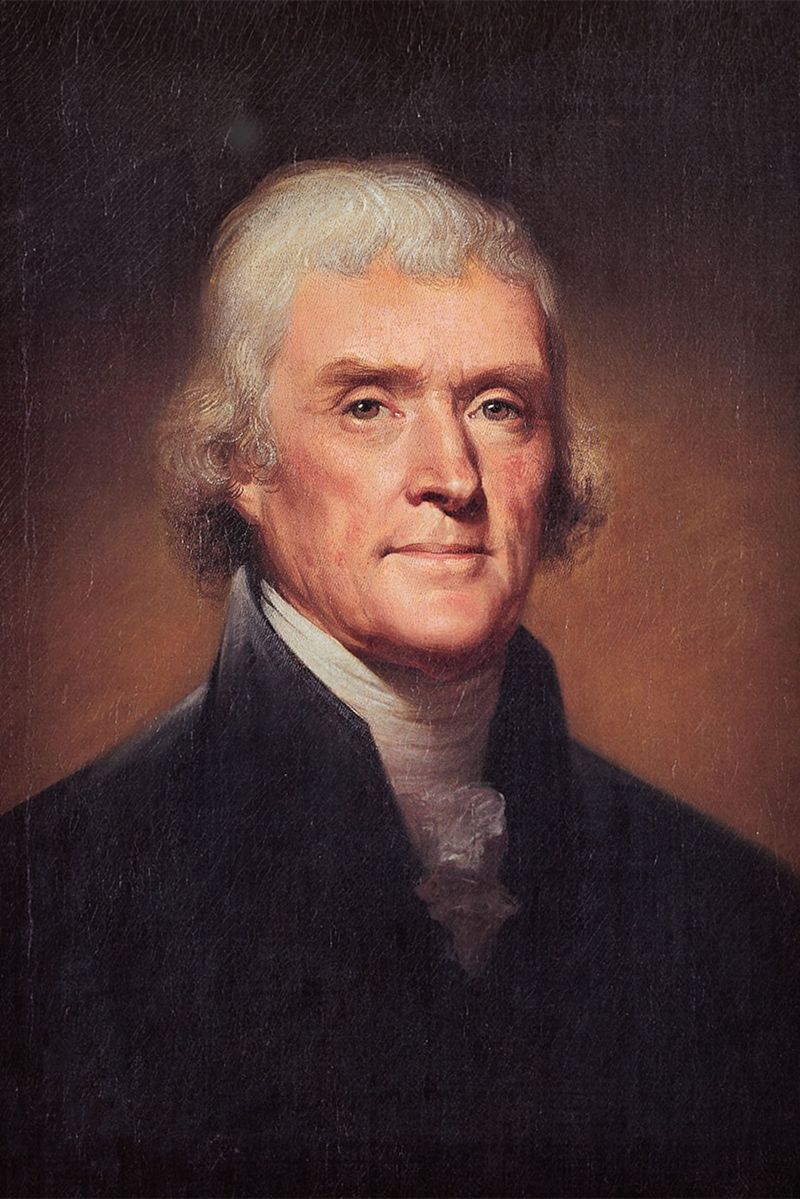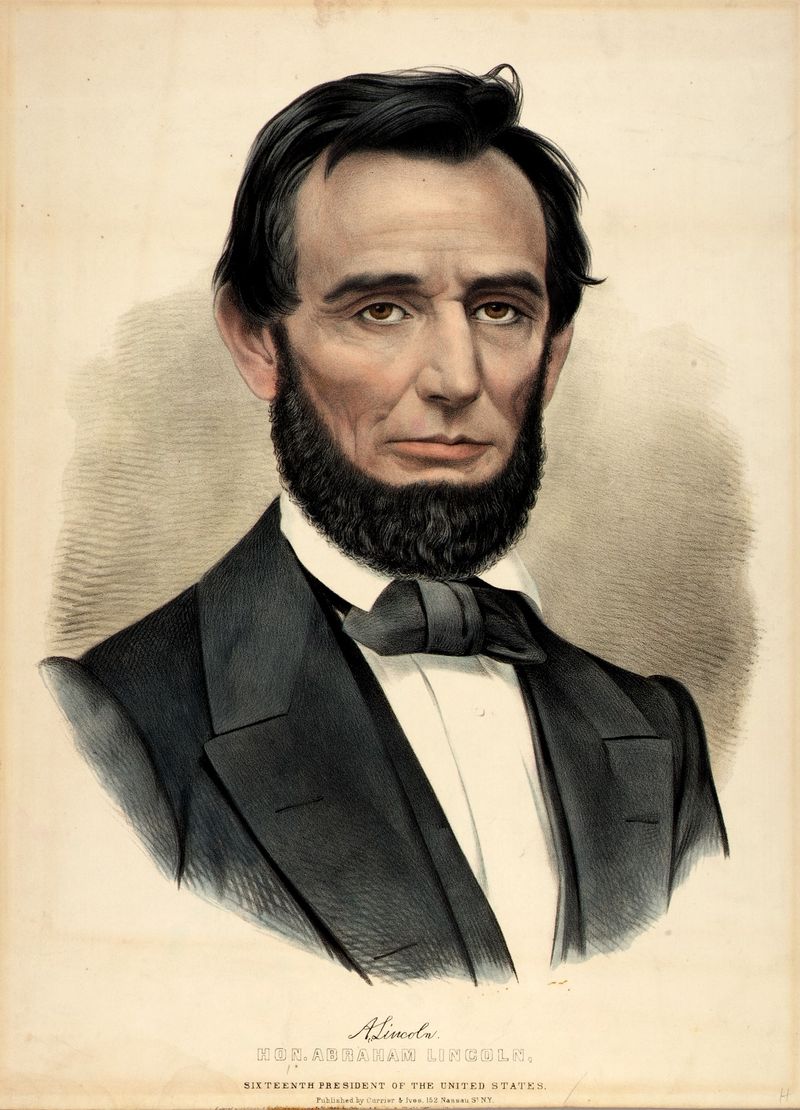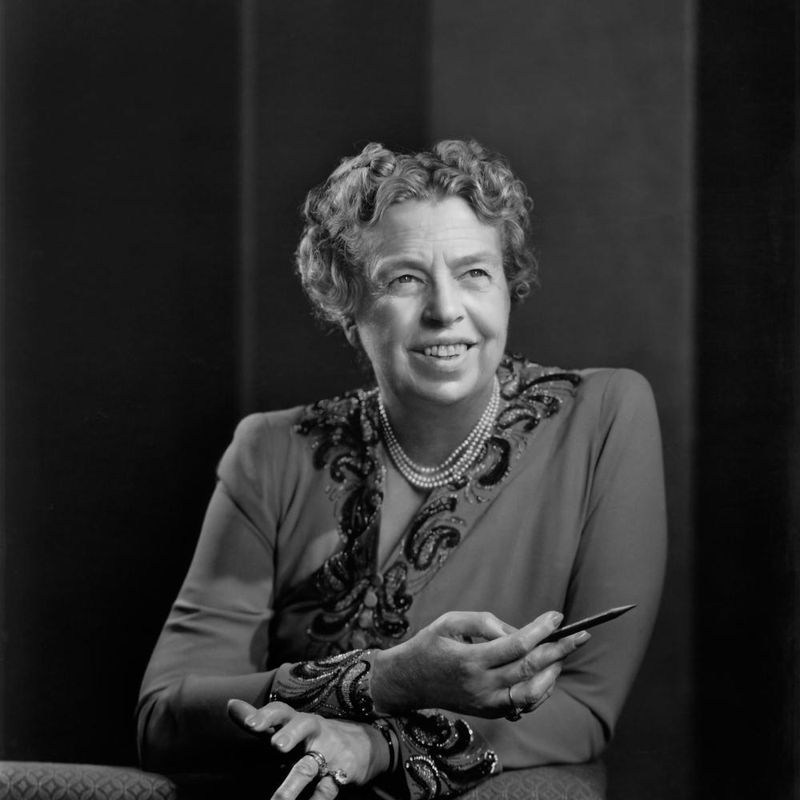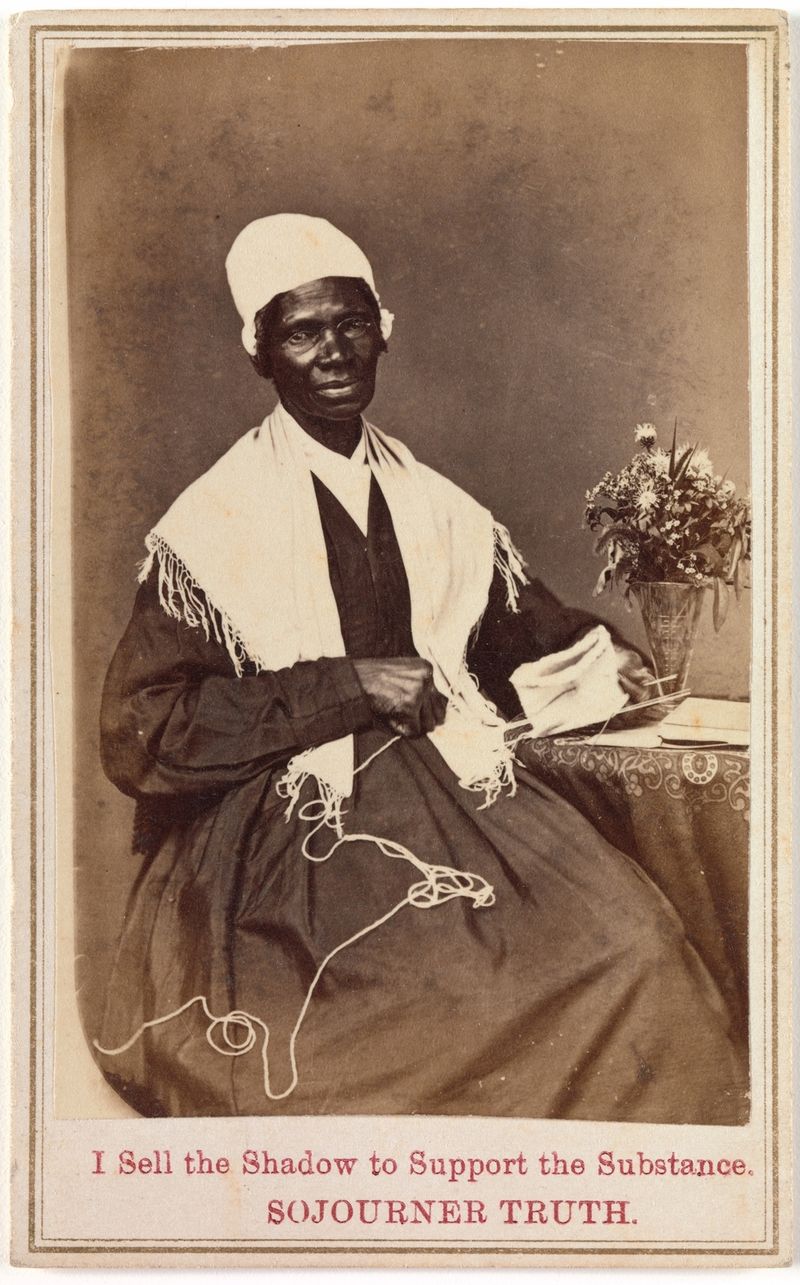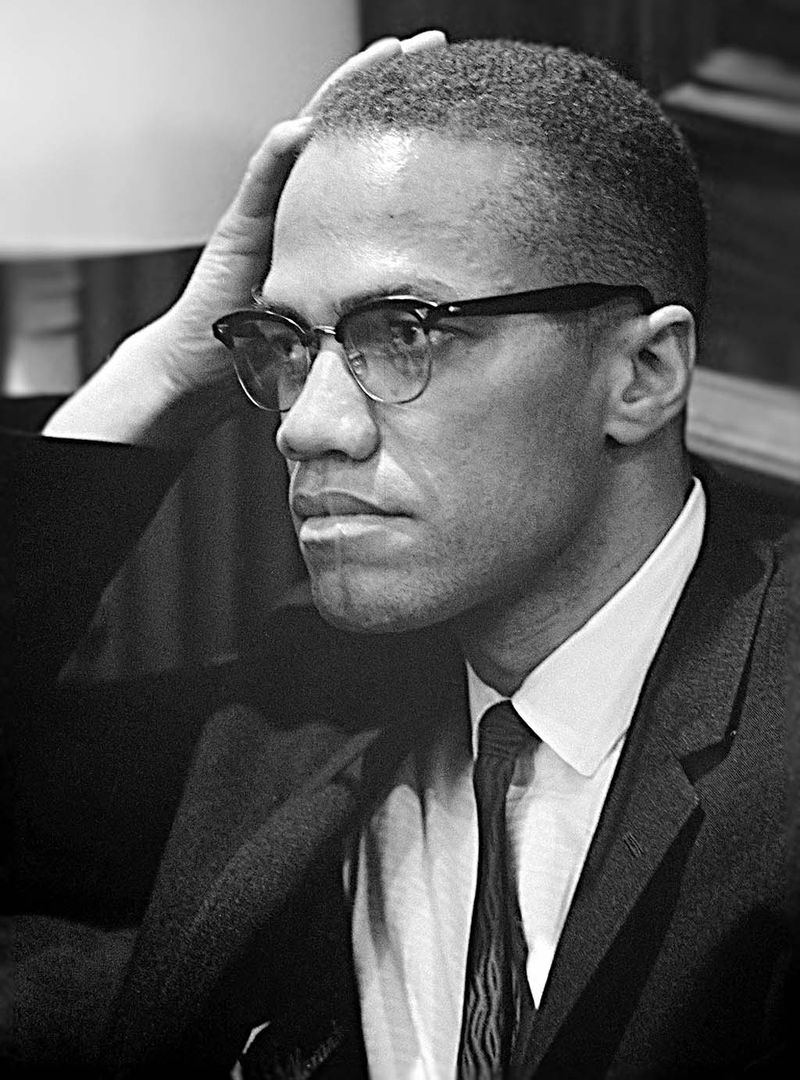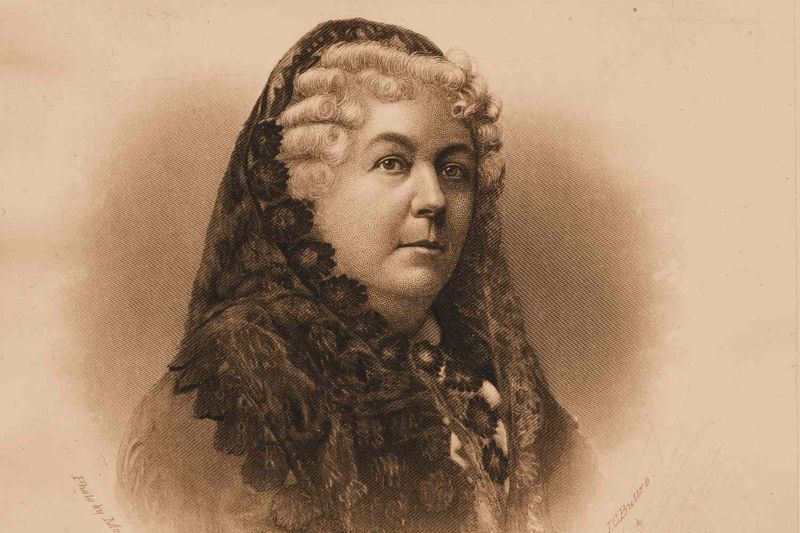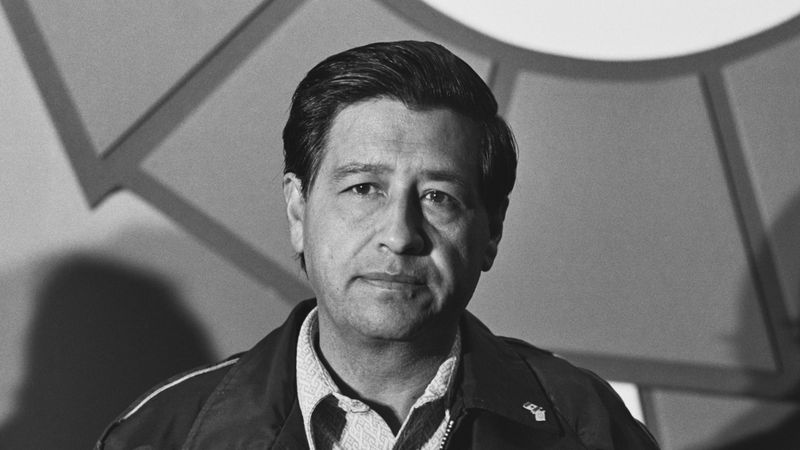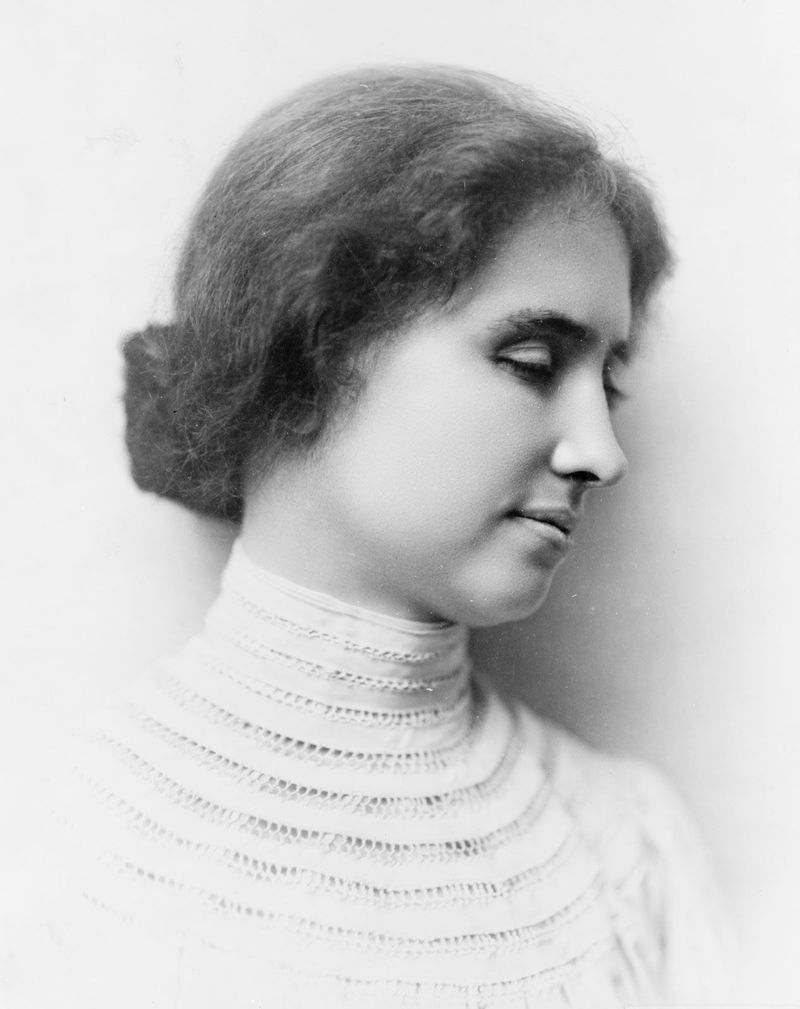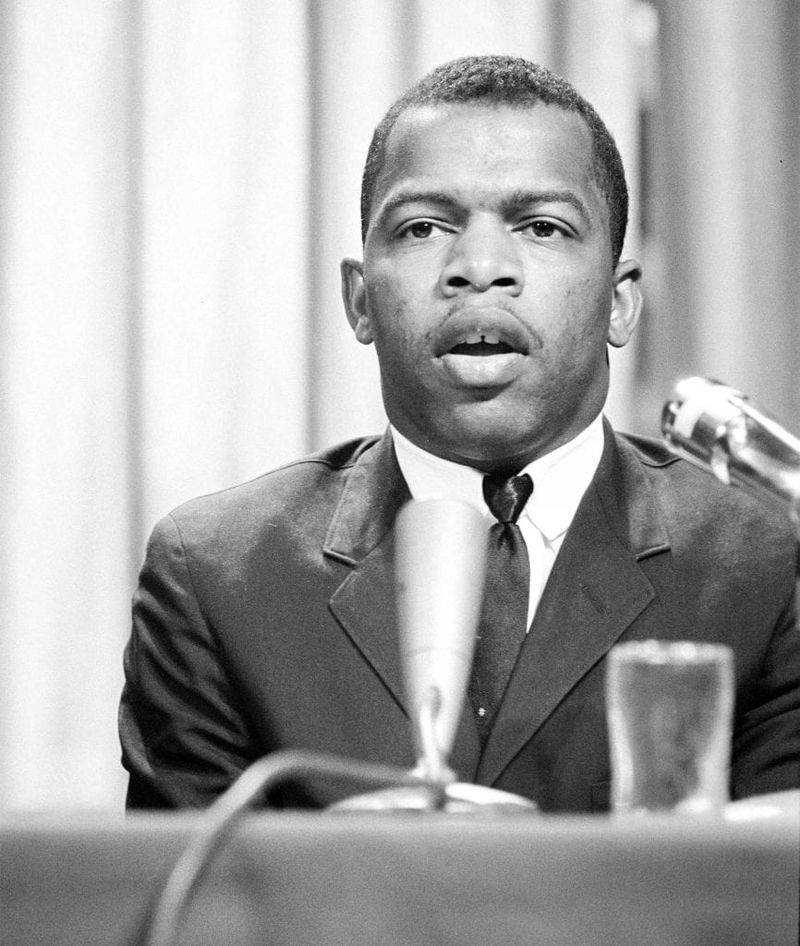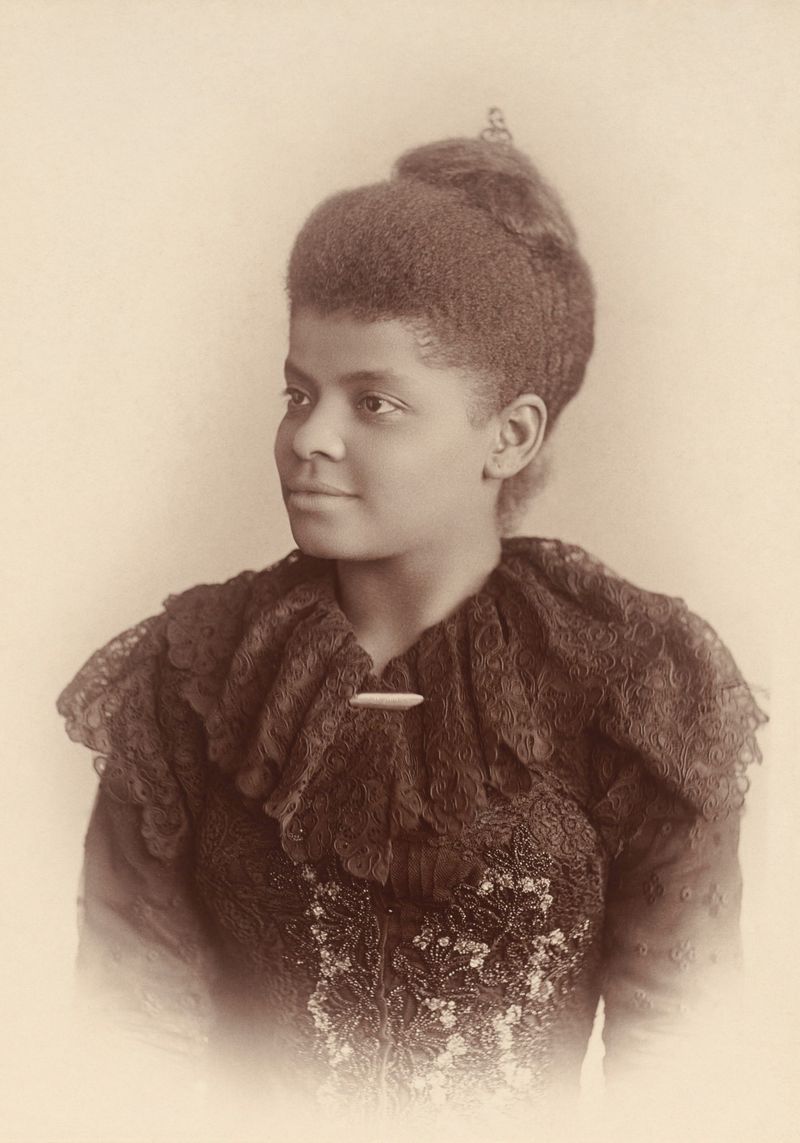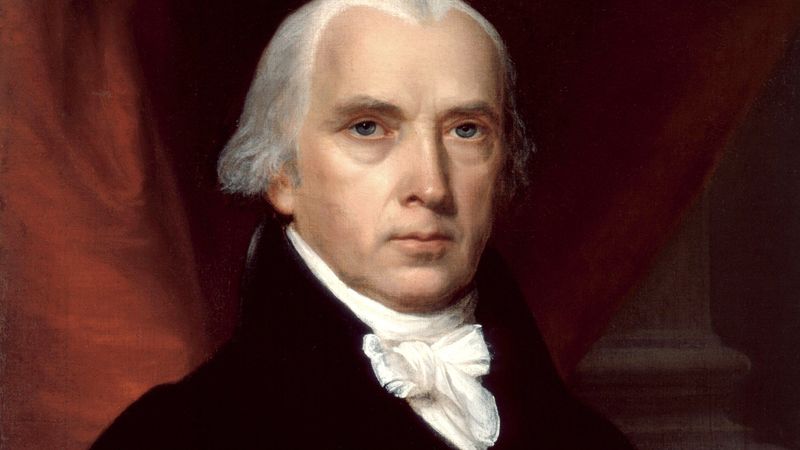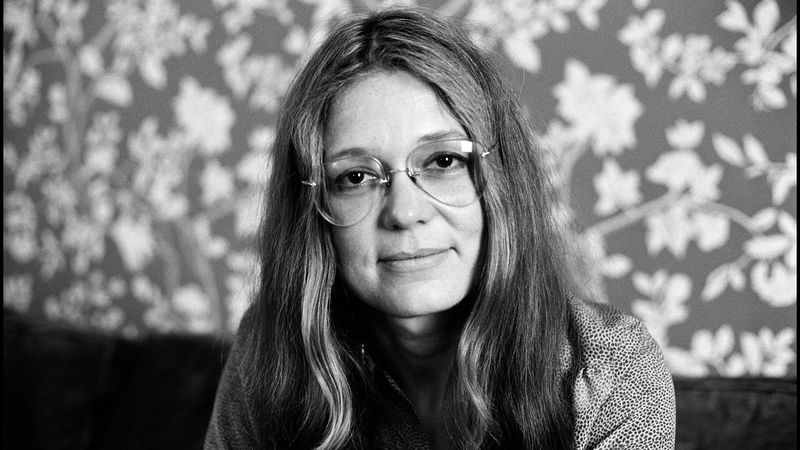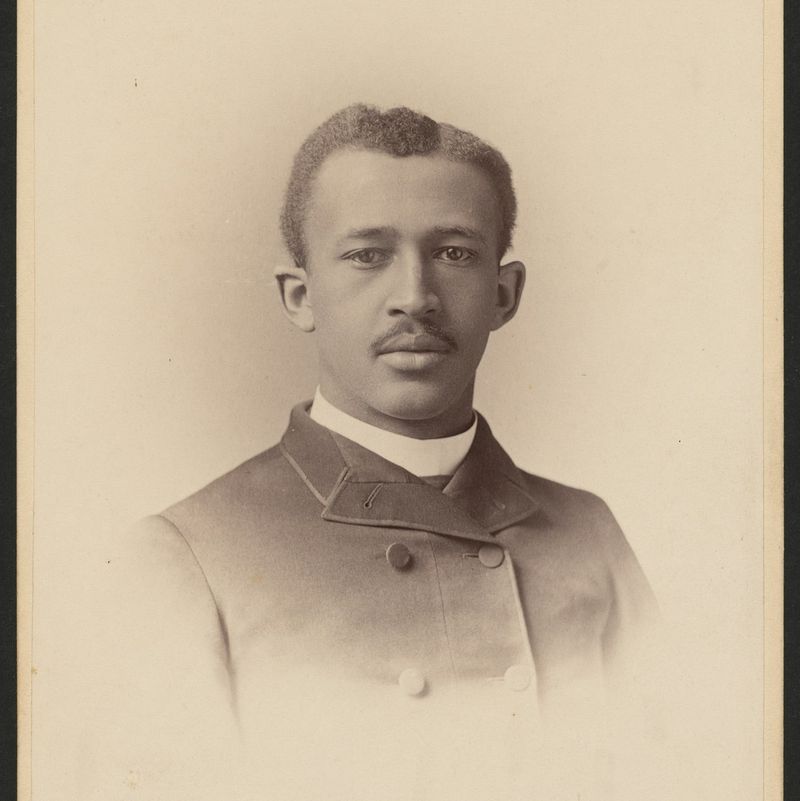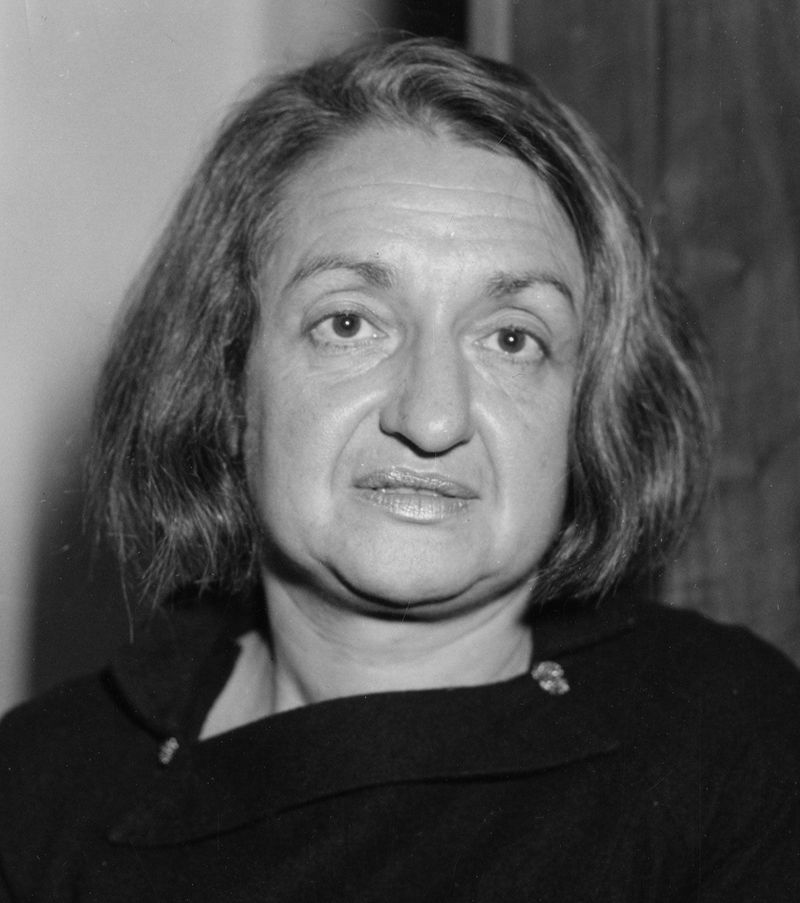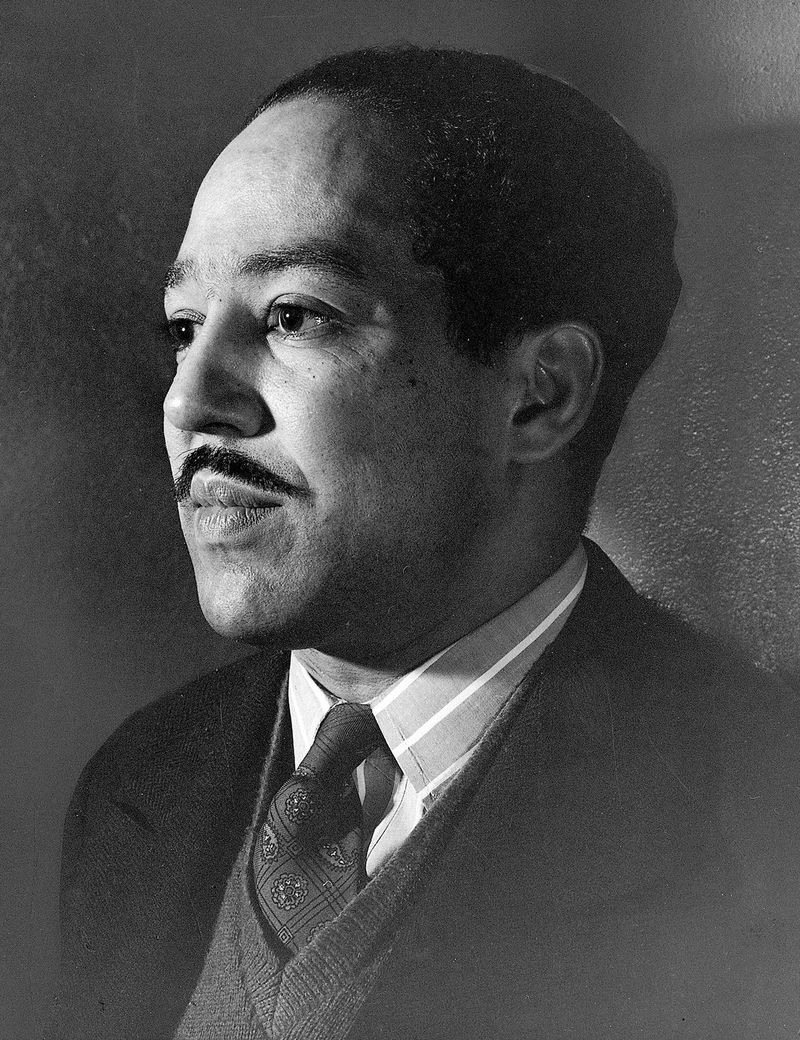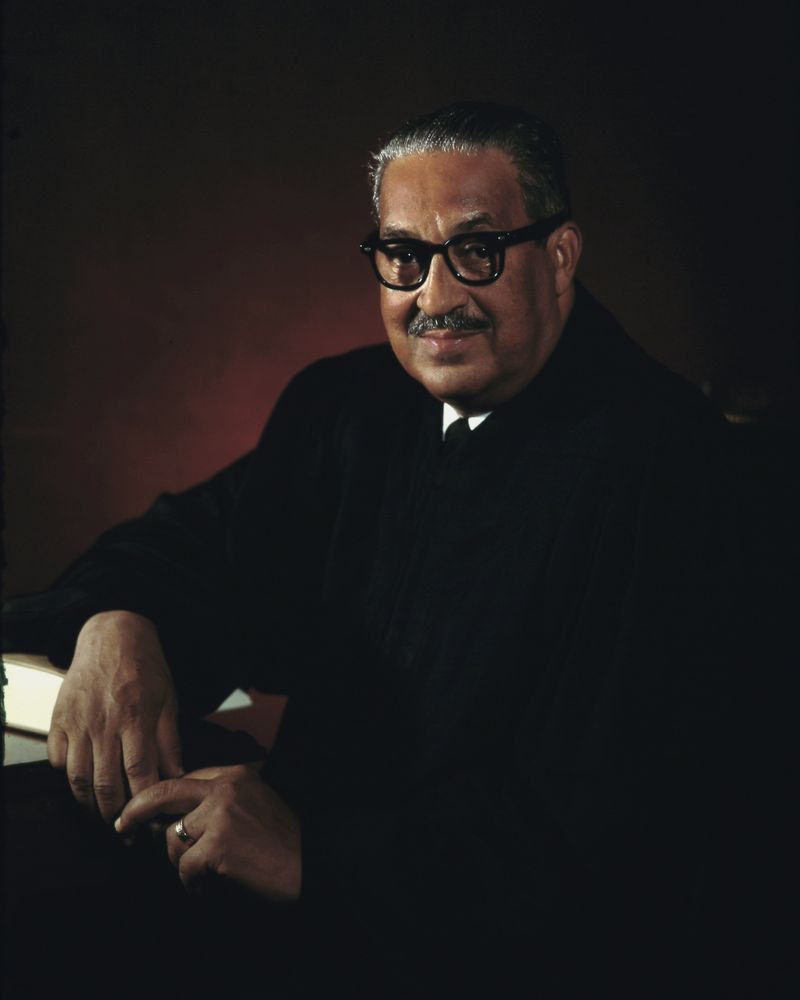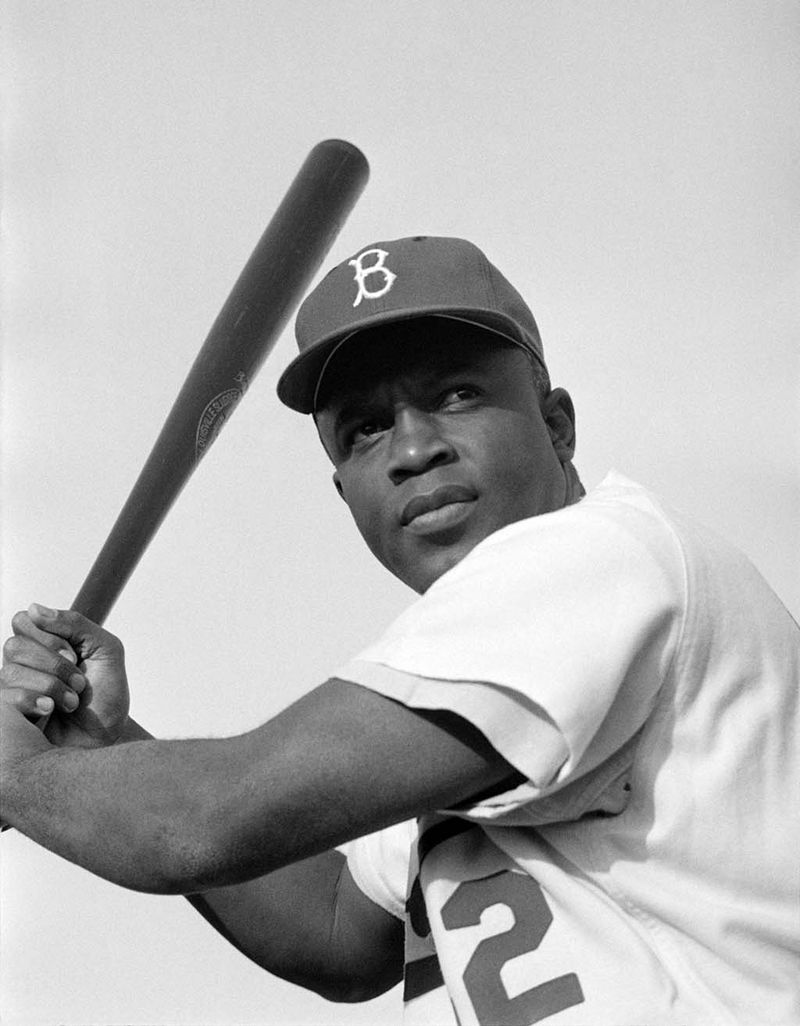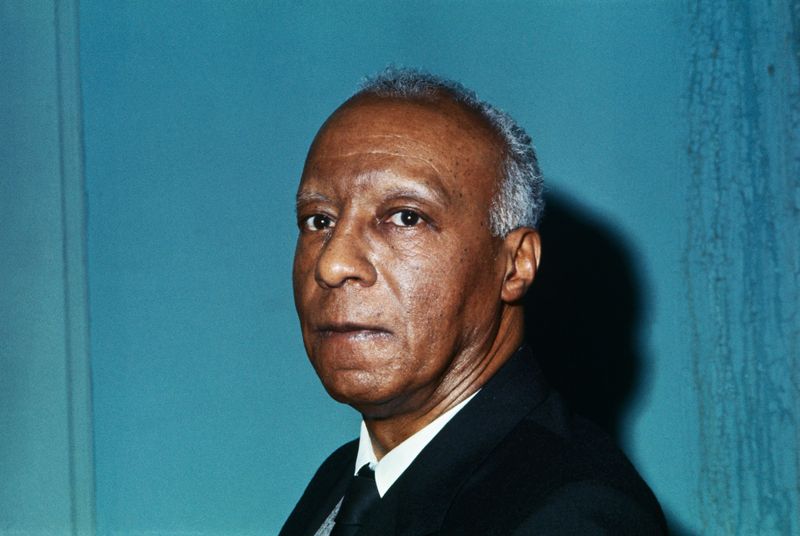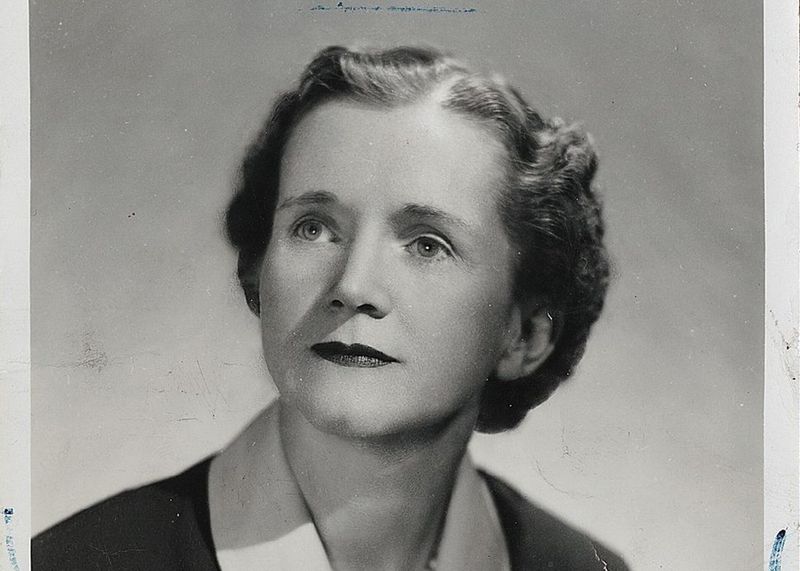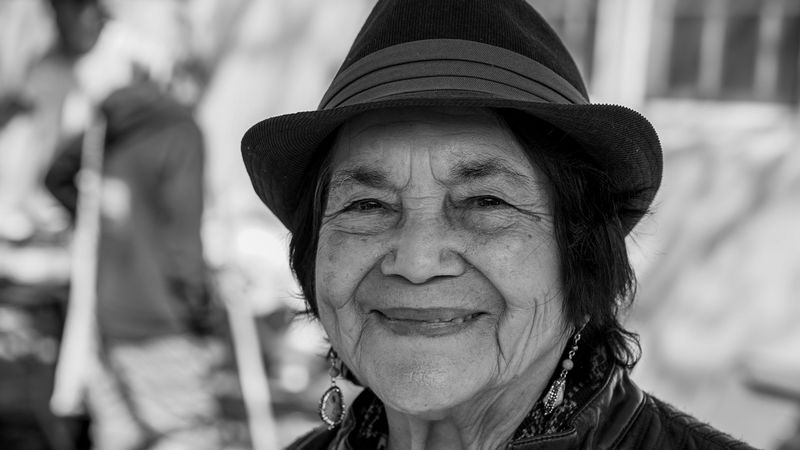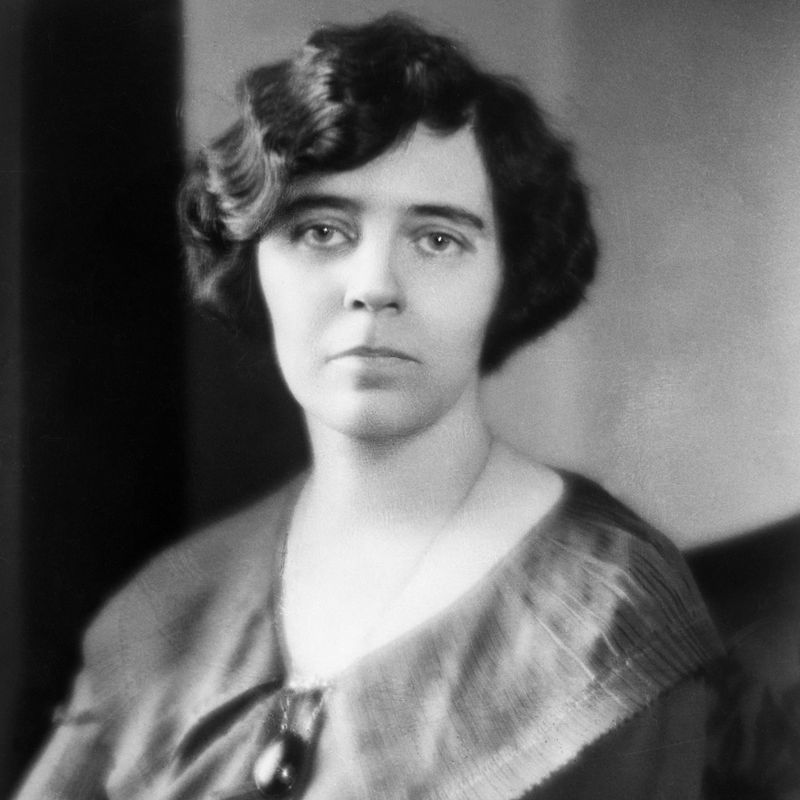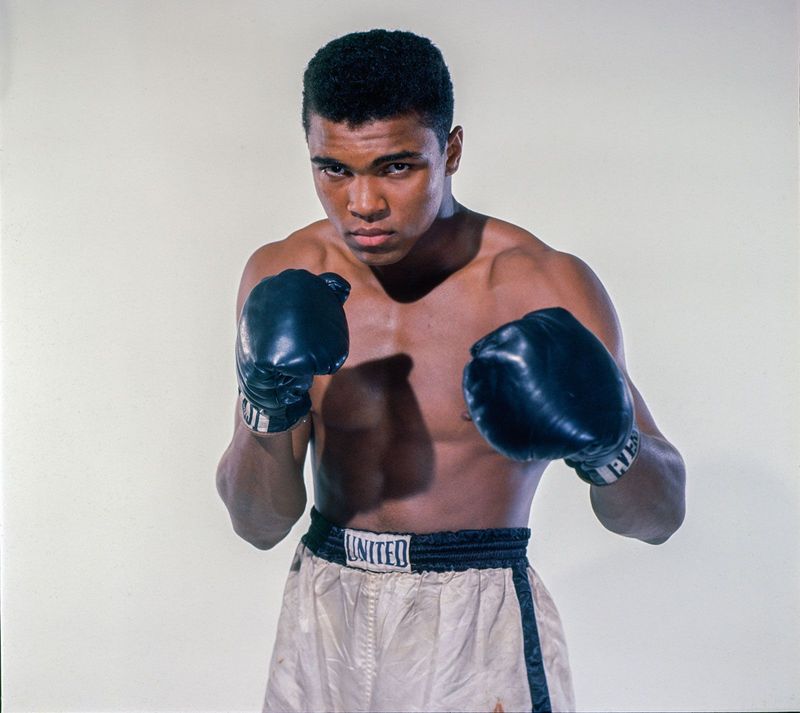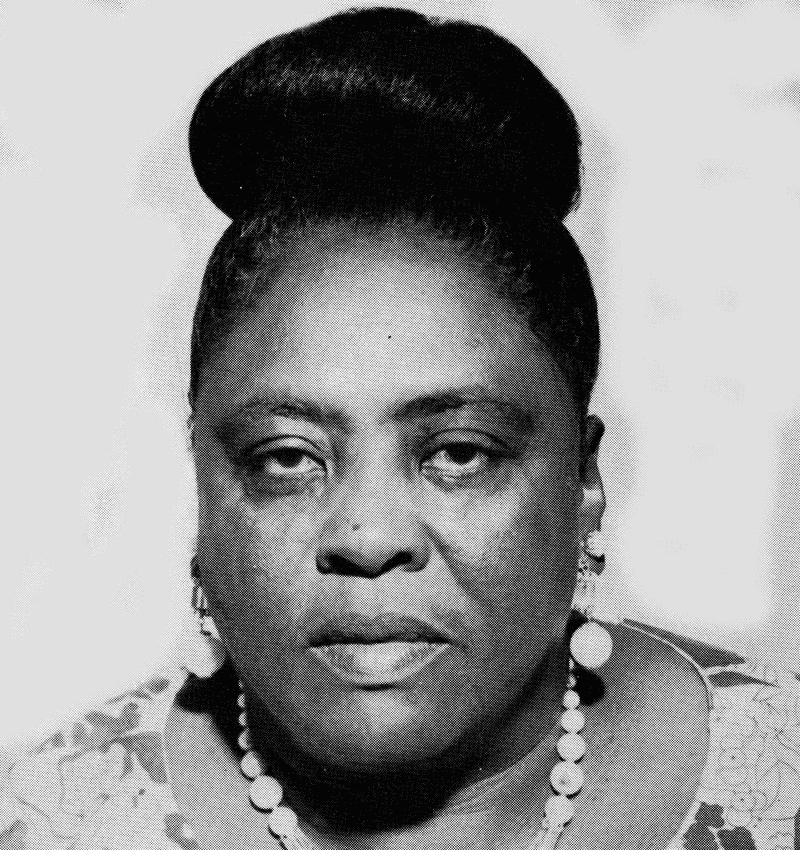Throughout American history, numerous figures have emerged as beacons of freedom, challenging the status quo and pushing boundaries for the sake of liberty and justice.
This blog post highlights 30 individuals who have reshaped the narrative of freedom in the United States, providing inspiration and a legacy that continues to influence the world today.
These iconic figures, spanning various eras and backgrounds, have each contributed uniquely to the ongoing journey toward a more equitable and free society.
1. Martin Luther King Jr.
Martin Luther King Jr.’s role in the American Civil Rights Movement cannot be overstated. He championed nonviolent resistance, inspiring millions to stand against racial injustice.
His leadership in pivotal events, like the Montgomery Bus Boycott and the March on Washington, catalyzed profound societal changes.
His iconic “I Have a Dream” speech remains a symbol of hope and equality. King’s unwavering commitment to justice earned him a Nobel Peace Prize.
Despite facing immense obstacles, his legacy endures, encouraging new generations to strive for a world where all individuals are judged by their character, not color.
2. Harriet Tubman
Harriet Tubman’s daring exploits in leading enslaved individuals to freedom via the Underground Railroad are legendary. Known as “Moses” to the enslaved, she personally guided over 70 people to safety.
Her strategic brilliance and courage were unmatched, risking her life to dismantle the shackles of slavery. Tubman’s efforts were not just about liberation but empowering others to fight for their freedom.
Even after the abolition of slavery, Tubman continued advocating for women’s suffrage, extending her fight for justice. Her life exemplifies relentless dedication to freedom and human dignity.
3. Susan B. Anthony
Susan B. Anthony’s tireless advocacy for women’s rights forever changed the landscape of American society. A staunch abolitionist, she fiercely fought for women’s suffrage, co-founding the National Woman Suffrage Association.
Her dedication laid the groundwork for the eventual passage of the 19th Amendment, granting women the right to vote. Anthony’s eloquence and strategic vision galvanized countless supporters.
Despite facing relentless opposition, she remained resolute in her mission for gender equality. Her legacy endures as a testament to the power of perseverance and the pursuit of justice. Her work continues to inspire activists today.
4. Frederick Douglass
Frederick Douglass, an escaped slave turned influential writer and speaker, transformed the fight for abolition and human rights. His powerful oratory and writings, like “Narrative of the Life of Frederick Douglass,” exposed the brutal realities of slavery.
He advised presidents and influenced national policy, advocating tirelessly for equality and freedom. Douglass’s ability to articulate the struggles and aspirations of African Americans made him a pivotal figure in shaping public opinion.
His resilience and intellect continue to inspire those seeking justice and equality, reminding us of the power of education and eloquence in the fight for freedom.
5. Rosa Parks
Rosa Parks, often referred to as the “mother of the civil rights movement,” made history when she refused to give up her seat on a segregated bus in Montgomery, Alabama. Her quiet defiance sparked the Montgomery Bus Boycott, a pivotal event in the civil rights struggle.
Parks’ act of bravery and her role as a secretary of the NAACP highlighted the power of individual protest. Her courageous stance against injustice provided a catalyst for change, inspiring countless others.
Her legacy lives on, reminding us that one act of courage can ignite a movement and reshape society.
6. Thomas Jefferson
Thomas Jefferson, a Founding Father and principal author of the Declaration of Independence, was a pivotal figure in establishing the United States’ democratic foundations. His belief in individual liberties and separation of church and state influenced the nation’s development.
As the third President, Jefferson expanded U.S. territory through the Louisiana Purchase and promoted education and the arts. While his legacy is complex due to his views on slavery, his vision for a nation built on liberty and equality remains influential.
Jefferson’s contributions continue to shape American ideals and inspire the pursuit of freedom worldwide.
7. Abraham Lincoln
As the 16th President of the United States, Abraham Lincoln led the nation through its greatest moral and political crisis, the Civil War. His commitment to preserving the Union and ending slavery was unwavering.
Lincoln issued the Emancipation Proclamation, which declared the freedom of all enslaved people in Confederate-held territory. His leadership and vision were instrumental in passing the 13th Amendment, abolishing slavery.
Despite facing fierce opposition, Lincoln’s dedication to equality and justice redefined freedom in America. His legacy as a champion of liberty continues to inspire generations striving for a just society.
8. Eleanor Roosevelt
Eleanor Roosevelt redefined the role of the First Lady, championing human rights and social justice during a time of global turmoil. Her influential work with the United Nations led to the creation of the Universal Declaration of Human Rights.
She traveled extensively, advocating for the rights of the underrepresented and marginalized. Roosevelt’s dedication to equality extended beyond her tenure in the White House, shaping public policy and opinion.
Her enduring legacy as an advocate for justice and equality continues to inspire those committed to creating a more equitable world for all.
9. Sojourner Truth
Sojourner Truth, a former enslaved woman, became a powerful voice for abolition and women’s rights. Her famous “Ain’t I a Woman?” speech challenged prevailing notions of race and gender.
She traveled throughout the United States, eloquently advocating for freedom and equality. Truth’s resilience and courage in the face of adversity inspired many to join the fight for justice.
Her legacy as a trailblazer in the quest for equality and her commitment to speaking truth to power remain influential in the ongoing struggle for human rights and dignity.
10. Malcolm X
Malcolm X emerged as a formidable advocate for African American rights during the civil rights era. Known for his eloquence and passionate speeches, he addressed systemic racism and the importance of self-determination.
As a prominent leader in the Nation of Islam, Malcolm X challenged mainstream civil rights approaches, advocating for empowerment and pride among African Americans. His pilgrimage to Mecca transformed his views, promoting a more inclusive vision of unity.
Malcolm X’s legacy as a powerful force for change endures, inspiring those committed to justice and equality while highlighting the ongoing need for dialogue and understanding.
11. Elizabeth Cady Stanton
Elizabeth Cady Stanton was a pioneering leader in the American women’s rights movement. Her advocacy began with the Seneca Falls Convention, where she co-authored the Declaration of Sentiments, demanding equal rights for women.
Stanton’s commitment to gender equality extended to property rights, divorce laws, and custody issues. Her collaboration with Susan B. Anthony strengthened the suffrage movement, pushing for the passage of the 19th Amendment.
Her visionary ideas and relentless dedication laid the groundwork for future generations. Stanton’s contributions continue to inspire those fighting for women’s rights and social justice.
12. Cesar Chavez
Cesar Chavez, a prominent labor leader and civil rights activist, dedicated his life to improving conditions for farm workers in the United States. Co-founding the National Farm Workers Association, Chavez led nonviolent strikes and boycotts.
His leadership in the Delano grape strike brought national attention to the plight of farm workers, highlighting issues of fair wages and working conditions. Chavez’s commitment to nonviolence and social justice resonated with many.
His legacy of advocacy and perseverance serves as a powerful reminder of the impact of collective action in the fight for workers’ rights and dignity.
13. Helen Keller
Helen Keller, despite being deaf and blind, became an influential advocate for disability rights and education. Her journey from isolation to accomplishment inspired millions.
Keller’s efforts extended beyond her personal achievements; she advocated for social and political change, emphasizing inclusivity and access to education. Her work with the American Foundation for the Blind and other organizations brought attention to the needs of individuals with disabilities.
Her legacy as a pioneer in disability rights continues to motivate those fighting for inclusivity and equal opportunities, demonstrating the power of resilience and determination in overcoming obstacles.
14. John Lewis
John Lewis, a civil rights icon and long-serving U.S. Congressman, dedicated his life to fighting for justice and equality. As a young leader of the Student Nonviolent Coordinating Committee (SNCC), he was at the forefront of major civil rights events.
His courage during the Selma to Montgomery marches highlighted his commitment to nonviolent protest and voting rights. Lewis’s unwavering dedication continued throughout his political career, championing civil liberties and social justice.
His legacy serves as a testament to the power of perseverance and moral courage in the ongoing struggle for equality and freedom.
15. Ida B. Wells
Ida B. Wells was a pioneering journalist and outspoken advocate against lynching and racial injustice. Her investigative reporting and fiery editorials exposed the horrors of lynching, challenging public consciousness.
Wells co-founded civil rights organizations and actively participated in the women’s suffrage movement, advocating for the rights of African Americans and women. Her relentless pursuit of justice and truth inspired others to join the fight.
Her legacy as a trailblazer in journalism and civil rights continues to inspire activists and journalists committed to uncovering truth and advocating for equality and justice.
16. James Madison
James Madison, known as the “Father of the Constitution,” played a crucial role in shaping the United States’ foundational document. His vision for a strong federal government and protection of individual rights was instrumental.
Madison’s contributions extended to the Bill of Rights, where his advocacy ensured the inclusion of essential liberties. As the fourth President, he navigated challenges like the War of 1812 with a focus on unity and governance.
His intellectual legacy and dedication to democratic principles continue to influence American political thought and inspire those committed to preserving freedom and justice.
17. Gloria Steinem
Gloria Steinem emerged as a leading figure in the women’s liberation movement during the late 20th century. As a journalist and activist, she brought attention to issues of gender inequality and social justice.
Co-founding Ms. Magazine and participating in organizations like the National Women’s Political Caucus, Steinem’s work challenged societal norms and advocated for women’s rights. Her eloquence and persistence galvanized a generation of feminists.
Her legacy as a tireless advocate for equality and justice continues to inspire those fighting for gender parity, highlighting the ongoing need for activism and awareness.
18. W.E.B. Du Bois
W.E.B. Du Bois was a pioneering scholar and civil rights activist who played a pivotal role in challenging racial inequality. As a co-founder of the NAACP, he fought for African American rights and social justice.
Du Bois’s seminal work, “The Souls of Black Folk,” explored the complexities of racial identity and the struggle for equality. His advocacy for higher education and intellectual advancement for African Americans was groundbreaking.
His legacy as a thinker and activist continues to influence those committed to racial justice and equality, reminding us of the power of education and advocacy.
19. Betty Friedan
Betty Friedan, author of “The Feminine Mystique,” ignited the modern feminist movement by challenging societal expectations of women. Her work uncovered the widespread discontent among women confined to domestic roles.
Friedan co-founded the National Organization for Women (NOW), advocating for equal rights and opportunities for women. Her leadership and writings inspired a shift in cultural perceptions and policy.
Her legacy as a trailblazer in the fight for gender equality continues to resonate, empowering new generations to challenge norms and strive for social change that respects and uplifts all individuals.
20. Langston Hughes
Langston Hughes was a central figure in the Harlem Renaissance, using his literary talents to explore themes of identity, race, and equality. His poetry and prose captured the struggles and aspirations of African Americans.
Hughes’s work, including “The Negro Speaks of Rivers” and “Let America Be America Again,” resonated with readers, inspiring a sense of pride and unity. His engagement with social issues challenged societal norms.
His legacy as a poet and activist continues to inspire artists and writers, highlighting the enduring power of art in advocating for justice and capturing the human experience.
21. Thurgood Marshall
Thurgood Marshall was a groundbreaking civil rights lawyer and the first African American Supreme Court Justice. His work in landmark cases like Brown v. Board of Education transformed the American legal landscape.
Marshall’s dedication to justice and equality paved the way for integration and civil rights advancements. His strategic brilliance and legal acumen challenged discriminatory practices, setting precedents for future generations.
His legacy as a champion of civil rights and justice continues to inspire those committed to equality under the law, reminding us of the power of the judiciary in shaping a fair society.
22. Jackie Robinson
Jackie Robinson broke baseball’s color barrier, becoming the first African American to play in Major League Baseball in the modern era. His courage and skill on the field challenged segregation.
Robinson faced intense racism and adversity with dignity and resilience, paving the way for future generations of athletes. His legacy extends beyond sports, symbolizing the fight for equality and integration.
His impact as a pioneer in breaking racial barriers continues to inspire those advocating for inclusion and justice, reminding us of the enduring power of determination and talent in overcoming prejudice.
23. A. Philip Randolph
A. Philip Randolph was a prominent labor leader and civil rights advocate who fought for the rights of African American workers. His leadership in organizing the Brotherhood of Sleeping Car Porters marked a significant achievement in labor history.
Randolph’s advocacy for economic equality extended to the civil rights movement, where he played a key role in organizing the March on Washington. His work highlighted the intersection of labor rights and civil rights.
His legacy as a pioneer in advocating for justice and equality continues to inspire those working towards a more equitable society, emphasizing the power of collective action.
24. Rachel Carson
Rachel Carson, a marine biologist and author, catalyzed the modern environmental movement with her book “Silent Spring.” Her work raised awareness about the dangers of pesticides and environmental degradation.
Carson’s eloquent writing and scientific insight inspired legislative changes, including the eventual ban of DDT in the United States. Her advocacy for environmental stewardship highlighted the interconnectedness of all life.
Her legacy as a pioneer in environmental activism continues to influence those committed to preserving the planet, reminding us of the importance of ecological consciousness and responsible stewardship.
25. Dolores Huerta
Dolores Huerta, co-founder of the United Farm Workers, is a tireless advocate for labor rights and social justice. Her work organizing farm workers and negotiating contracts significantly improved working conditions.
Huerta’s phrase “Sí, se puede” (“Yes, we can”) became a rallying cry for activists, symbolizing hope and determination. Her leadership and dedication to advocacy have inspired generations.
Her legacy as a champion for workers’ rights and equality continues to motivate those fighting for social change, emphasizing the importance of grassroots activism and community empowerment.
26. Alice Paul
Alice Paul was a key strategist in the women’s suffrage movement, advocating for the passage of the 19th Amendment. Her bold tactics, including hunger strikes and protests, highlighted the urgency of women’s rights.
Paul’s leadership in the National Woman’s Party and the drafting of the Equal Rights Amendment underscored her commitment to gender equality. Her resilience in the face of opposition galvanized support for women’s rights.
Her legacy as a pioneer in advocating for equality and justice continues to inspire those fighting for gender parity, reminding us of the power of activism and determination.
27. Muhammad Ali
Muhammad Ali, one of the greatest boxers of all time, used his platform to advocate for racial equality and social justice. Known for his charisma and conviction, Ali challenged societal norms and stood against the Vietnam War.
His refusal to be drafted, based on religious and ethical beliefs, highlighted issues of race and conscience. Ali’s activism and eloquence made him a global figure for change.
His legacy extends beyond sports, inspiring those committed to justice and equality. Ali’s courage and conviction continue to resonate, reminding us of the power of standing up for one’s beliefs.
28. Fannie Lou Hamer
Fannie Lou Hamer was a fearless advocate for voting rights and civil rights, known for her powerful voice and perseverance. Her efforts with the Mississippi Freedom Democratic Party challenged racial segregation in politics.
Hamer’s testimony at the 1964 Democratic National Convention exposed the ongoing struggles for voting equality. Her courage and determination inspired many to join the civil rights movement.
Her legacy as a champion for justice and equality continues to motivate those fighting for civil liberties, emphasizing the importance of grassroots activism and community engagement in driving change.
